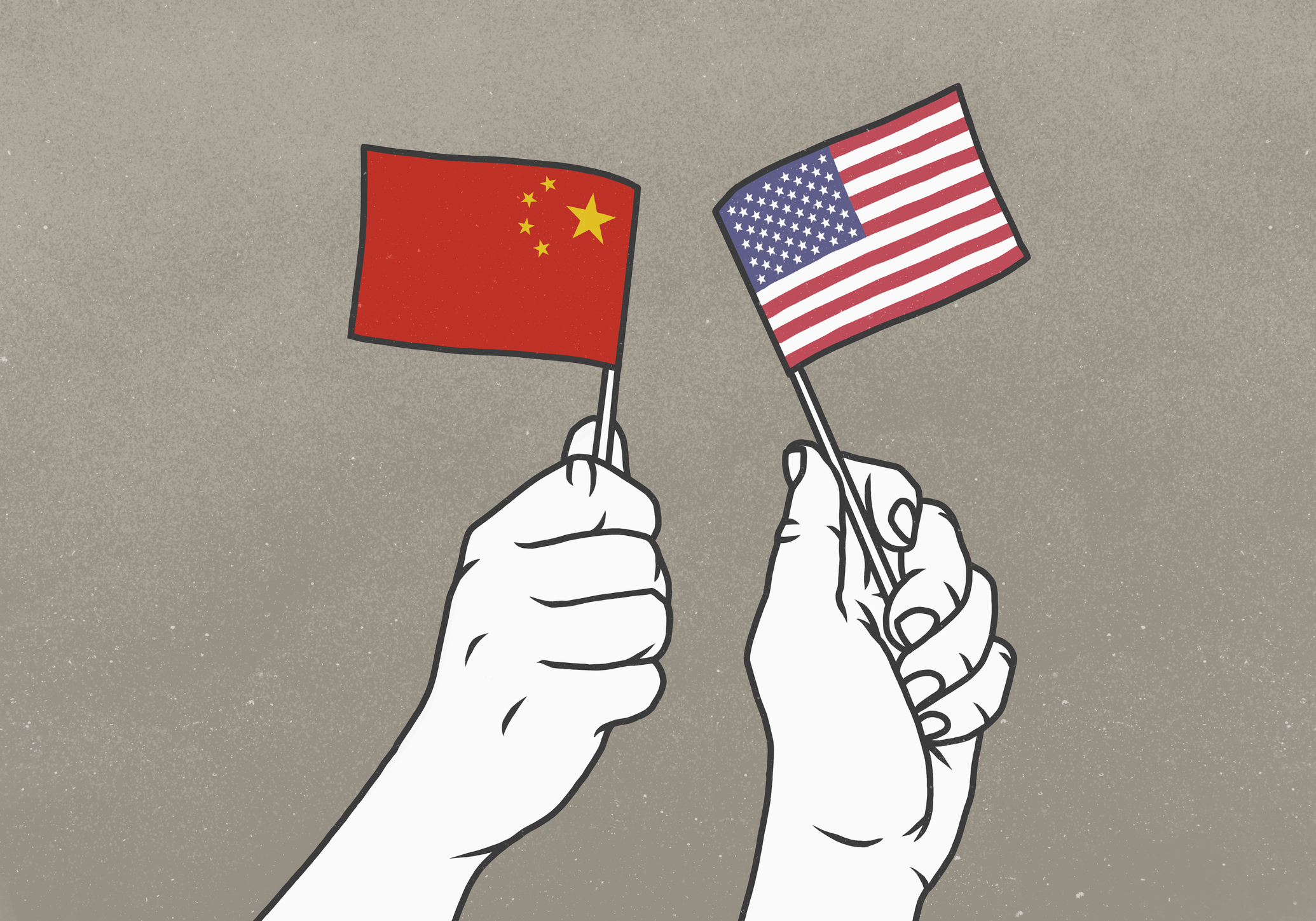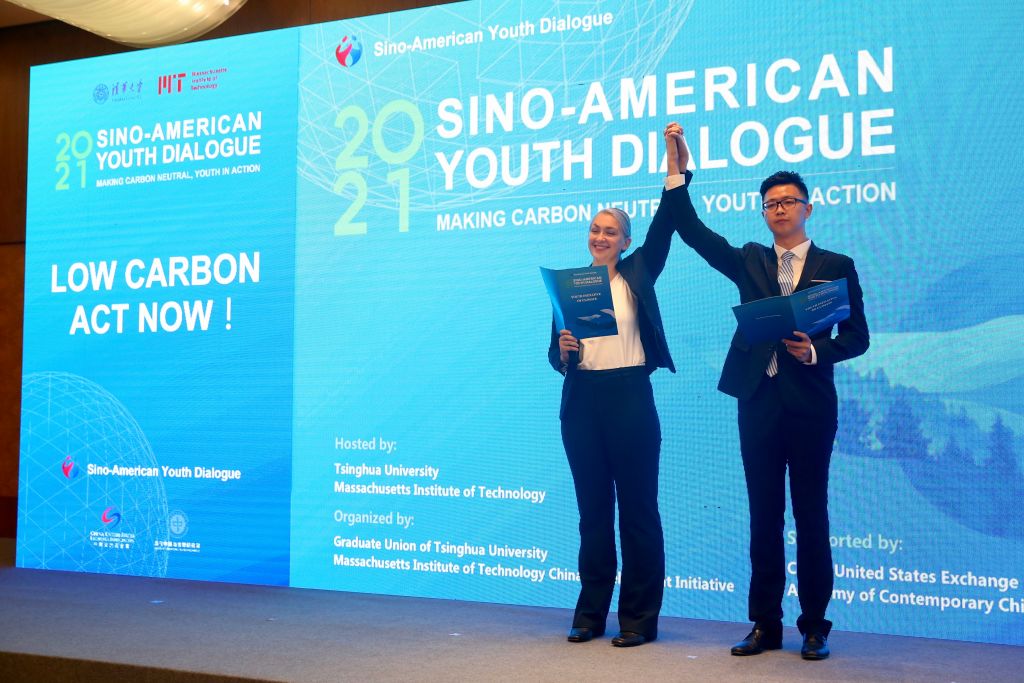
It’s all very well for the governments of U.S. and China to demonize each other, but what about the people caught in the middle?
I’m talking about Chinese people who have built their lives in America and Americans who have made theirs in China. Or Chinese and Americans who are married to each other and the children of those marriages. What about American employees of Chinese companies and vice versa? Or students, academics, and professionals whose careers depend on meaningful exchange? How about the medical experts on both sides, whose collaboration is essential to understanding COVID-19?
There are American expats who can curse in vivid, near-native Mandarin and Chinese students who binge-watch American TV and regard Starbucks as a second home. There are people like Eileen Gu and people like me—Hong Kong-born, Western-educated, with many American friends. Maybe this even applies to you.
Read More: The U.S. and China Must Act Now to Avoid a Disastrous War
We are now caught up in the crosshairs of great power politics and we hate the way each side sees the other as always wrong. It’s a bit like being a child again and watching your folks fight.
Like the loudmouth parent trying to pick an argument, America whitewashes its own failures while pushing the button it knows will hurt most: Taiwan. (A tendency, incidentally, that does not benefit the people of Taiwan.) Like the other parent in the corner, alternately sullen and histrionic, China refuses to believe that it has a case to answer over its conduct of technology transfers or its overseas influence operations.
The lack of nuance, context, historical understanding, cultural insight, basic intelligence and plain goodwill in Sino-U.S. relations pains us. Many among us reject the low-brow framing of good versus evil, democracy versus autocracy, or the clash of civilizations. None of this is part of our lived experience. Yet we are also wary of speaking out.

In America, Chinese people fend off bigotry and violence on a daily basis. They are framed as the carriers of the “Wuhan Virus” and “Kung Flu.” To be sure, President Joe Biden has rolled back some of his predecessor’s most damaging initiatives targeting academics and students on university campuses, but there remains a potent undercurrent of neo-McCarthyism. Ethnic Chinese in positions of influence are assumed to be working, at some level, on behalf of Chinese state institutions. Cultural centers are seen as flimsy fronts for the Communist Party. Chinese-Americans who do not denounce Beijing with sufficient vehemence are presumed to be fifth columnists, ready to betray their adopted home in a heartbeat.
Meanwhile, Beijing’s deeply restrictive entry policy has made life incredibly difficult for American academics and professionals, deterring the very people who seek to pursue a better understanding of China. Nationalism and resentment towards the West among certain segments of the population has made frank dialogue, as well as disagreement over sensitive issues, impossible within the country’s borders. Anything perceived to be offensive to the Chinese people’s “dignity” and “honor” will fuel fury online as many Western brands and celebrities have found to their cost. Racism towards African migrants during the pandemic reflects even more perturbing trends.
Read More: Pelosi’s Taiwan Trip Is a Wake Up Call for the U.S. and China
As the world enters into a period of rapidly increasing risk from climate change, AI’s rise, and food insecurity, paired with the prospect of large-scale war or even nuclear conflict, we need more communication between people from the world’s two leading powers.
We shouldn’t wait for official exchanges and dialog to resume. We must do more to foster real, uncensored debate and constructive collaboration—even if this means going beyond the stagnant politics and security establishments on both sides. We must not ignore—but instead prove wrong—the hawks and the nationalists.
They may call us naive and say we are apologists for the enemy. So be it. In an era of dangerous polarization, we need realistic bridge-builders.
More Must-Reads from TIME
- Cybersecurity Experts Are Sounding the Alarm on DOGE
- Meet the 2025 Women of the Year
- The Harsh Truth About Disability Inclusion
- Why Do More Young Adults Have Cancer?
- Colman Domingo Leads With Radical Love
- How to Get Better at Doing Things Alone
- Michelle Zauner Stares Down the Darkness
Contact us at letters@time.com